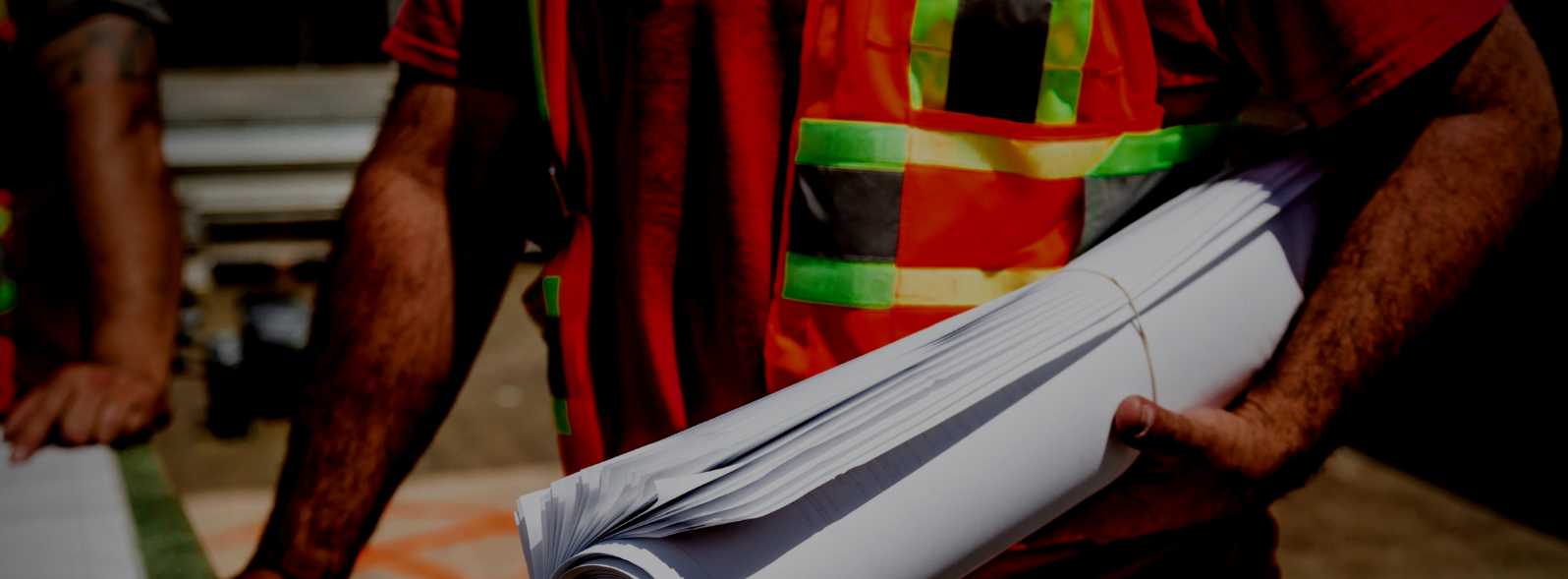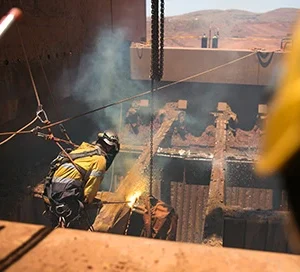And yet, even with such a construction boom like the one that surrounds us, we are currently experiencing a trades shortage.
This is baffling to many, so Skills Certified has put together not only the reasons behind the shortage, but also the benefits of becoming a tradie.
How the shortage came to be
In 2017, there were 261,900 apprentices and trainees on Australian worksites – a 5.6% decrease from 2016. This is a mighty shift, one that may prove detrimental to our economy in years to come.
The drop in new tradies is believed to have been born in our homes. Parents have the perception that, in order to succeed and lead a secure life, their children must attend university and obtain a degree for better career prospects. As a result, tertiary education has become incredibly accessible, and entries have blossomed alongside the stigmatism that tradies cannot earn comparable rates to their white-collar counterparts.
This, as it turns out, is false.
The real picture
The trades industries certainly aren’t the most glamorous profession to enter. Working on hot sites, covered in muck and sweat, your skin burning and your muscles aching – perhaps this is where the stigmatism arose, in the belief that this hard work isn’t respectable, or lucrative long term.
In actuality, the average tradie is earning at minimum $60.88 an hour, some even soaring right up into the high $90’s, which is enough to challenge many doctors, accountants, and other professionals in which a university degree is required. Beyond that, many tradies find it easier to become their own boss, and can dictate their own working hours, days, and rates.
A tradie’s life for me
The longer one spends in the trades industry, the more benefits are presented to them. Greater skill and reputation brings the ability to pick and choose which projects you work on. Being out of a chair and constantly moving affords you a healthier working lifestyle (and saves on redundant gym fees). Beyond this, white-collar jobs are generally limited by national borders, whereas trades are universal practises (give or take industry standards, such as OHS). Electing to enter the trades industry can take you around the world, keep you healthy, and generously reward you for being an integral part of the community. With our current shortage predicted to last a lot longer, what better time to for our next generations to get involved?
Get started!
If you want to get in on the action, Skills Certified can help you become qualified in your trades industry through Recognition of Prior Learning. Find out more with our quick and easy free skills check.
















